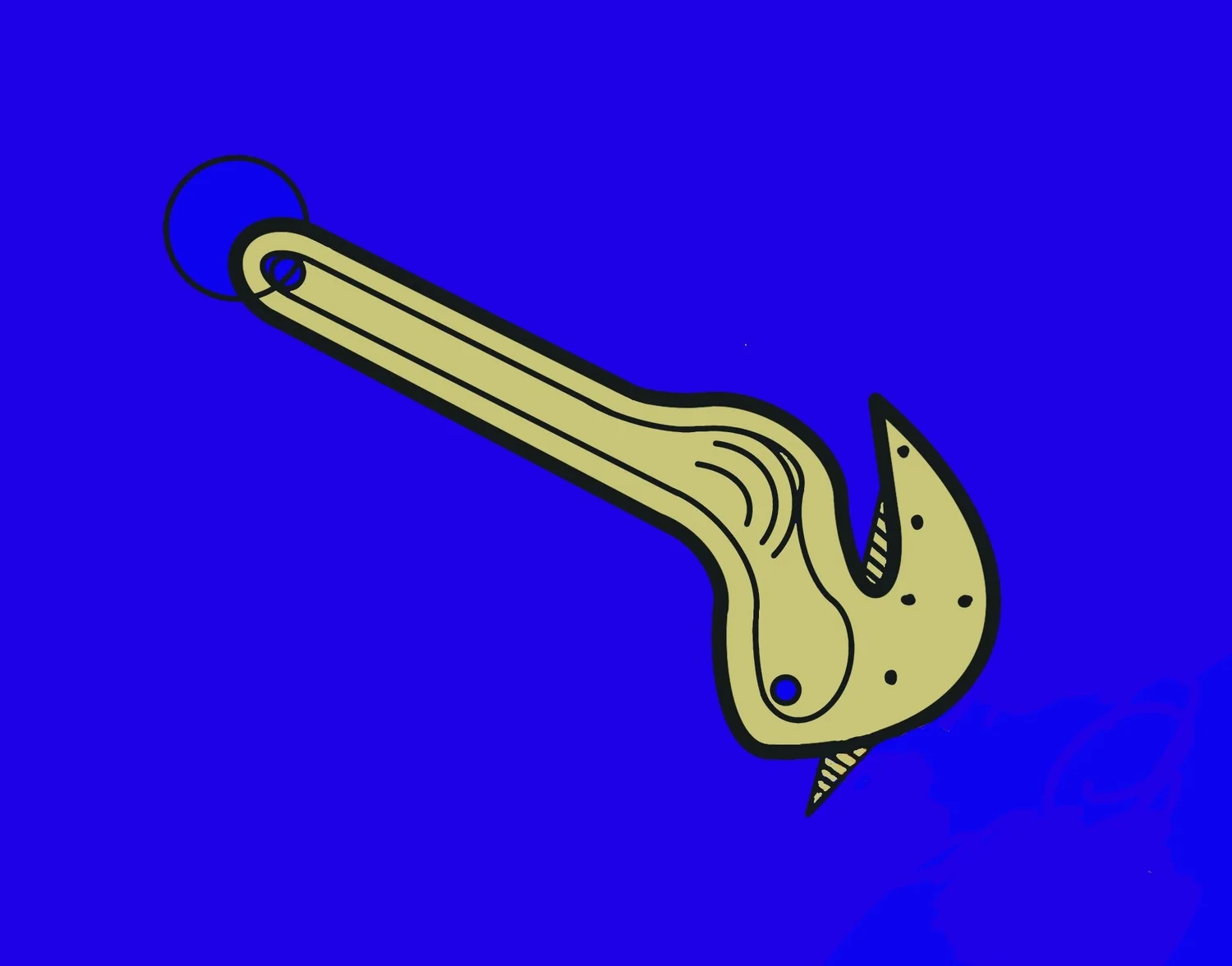Beginnings...
random sketch from summer 2014
Beginnings can be a complicated and complex thing - or is it things? Or is it - are they - a 'thing'? Are 'beginnings' random or planned?
Writers or others (e.g. historians) may ponder this notion of 'beginning' for entire lifetimes - for example, where does a historian begin a history? (or 'end' it for that fact?)
Where does a story begin? For a person, at birth? or further back? Some might suggest life resembles the knot image used in this site:
Yet 'complicated' and 'complex' are quite different things. Some people often consider these two ideas as closely related, as in 'complex' means an advanced state of complicated. Earlier this summer in some random reading, I came across a good explanation of how separated these concepts are - something to the tune of this: 'a key to a car is simple, a car is complicated, a car in traffic is complex.'
Thus I tend to lean toward 'beginnings' as complex beings - yet just one 'beginning' may simply be complicated. Simply complicated... or, complicatedly simple?
Not to get too far into quoting random scholars... however, Edward Said (pronounced close to Sie-eed), a Palestinian-born literary scholar (among other things) who was based in the US, wrote a rather large book on this idea: Beginnings: Intention and Method. He suggests in his opening chapter:
Every writer knows that the choice of a beginning for what he will write is crucial not only because a work's beginning is, practically speaking, the main entrance to what it offers.
He asks:
Is a beginning the same as an origin? Is the beginning of a given work its real beginning, or is there some other, secret point that more authentically starts the work off?
Said also asks whether an interest in 'beginnings' is just theoretical or does it have practical uses? For him,
The beginning... is the first step in the intentional production of meaning.
Dictionary definitions suggest that 'beginning' as a noun means: "the point in time or space at which something starts." That definition does not satisfy me; yet, there must, for a variety of purposes, still be 'beginnings' - similar to this first post posing as a 'beginning'...
The etymology, or origins, or beginnings of the word 'beginning' are fuzzy. Some histories (Online Etymology Dictionary) suggest relations to an old Germanic word ginnan and word forming element be-. Ginnan, which has varied meanings related to "to open" and be- with a wide range of meanings.
In Old English be- means "on all sides". There are also suggestions of links to second syllable of Greek amphi, Latin ambi originally meaning "about". Ambi- also means "around, round about," and has deeper roots or origins (e.g. beginnings) related to Sanskrit abhitah "on both sides," abhi "toward, to;" and further to Proto-Indo-European roots plural of *ant-bhi "from both sides".
Yet be- can also mean "thoroughly; completely" as in 'behead'.
This leaves some complications in defining the word. Is 'beginning' a 'thorough opening' or is it opening from all sides or, an opening from 'all sides'...? (kind of reminds me of the Eastern koan suggesting we ponder the sound of one hand clapping...).
Said suggests:
...the notion of beginnings itself is practically tied up in a whole complex of relations. Thus between the word beginning and the word origin lies a constantly changing system of meanings, most of them ... making first one then the other word convey greater priority, importance, explanatory power.
He uses an example such as "the beginning of consciousness" as an example of a particular issue of importance and complexity.
I can relate to his struggles with 'beginnings'. Said writes that earlier in his professional and academic life he asked himself questions such as: (1) After what training does one begin to write? (2) With what subject in mind does one begin to write? (3) What is the point of departure for writing - a new direction or one continuing from old ones?
What is it for you?
In his Preface, Said:
Beginning is not only a kind of action; it is also a frame of mind, a kind of work, an attitude, a consciousness... For any writer to begin is to embark upon something connected to a designated point of departure. Even when it is repressed, the beginning is always a first step from which something follows.
Beginning, or starting out, or the point of departure for this website and this particular blog, appears to be this post. Yet, ironically in a twist of chronology, blogs place first posts last and last posts first... Thus, this post probably becomes more a significant 'beginning', or point of departure, to myself the writer, then to you the reader.
Yet, it is not a beginning necessarily - yet, it is. Maybe it's more of a thorough 'opening' from 'all sides' arising from the obscure origins, or beginnings, of the word beginning.
It is a beginning though; a 'beginning' to motivate more writing, more searching, more research, more pondering...


